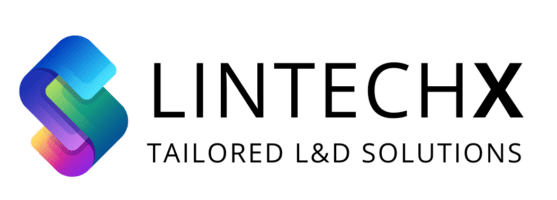- Blog
- Unlock Your Team’s Potential: 5 Research-Backed L&D Strategies for Global Success
- Written by Hofit Ben Atar Peleg

Unlock Your Team’s Potential: 5 Research-Backed L&D Strategies for Global Success
In today's rapidly evolving Learning & Development (L&D) landscape, organisational growth hinges on the effectiveness and adaptability of your strategies. Drawing on evidence from leading research institutions, we've distilled five proven practices to enhance your team’s development outcomes significantly.
- Microlearning: Optimize Learning Through Precision
Contemporary studies, notably by Clark & Mayer (2016), highlight that shorter, focused learning segments enhance cognitive retention by effectively managing cognitive load. Organisations like IBM report that microlearning improves knowledge retention by up to 20%, facilitating seamless integration into daily workflows.
Best Practice (KPI): Tailor microlearning modules specifically to roles, tracking measurable outcomes such as knowledge transfer effectiveness and completion rates.
AI-Powered Personalized Learning: The New Frontier
According to Gartner and McKinsey, personalised learning powered by AI platforms like EdCast or Degreed significantly boosts learner engagement. It accelerates skill development by aligning training precisely with individual performance gaps.
Best Practice (KPI): Utilize AI-driven analytics to deliver immediate, personalised feedback and track improvements in performance metrics, such as increased productivity and skill mastery rates.
Peer-to-Peer Learning: Harness Internal Expertise
Research from Bersin by Deloitte indicates that peer-to-peer learning promotes higher levels of engagement, increases knowledge transfer, and supports a strong organisational learning culture. Companies like Google have successfully leveraged internal knowledge-sharing platforms, enhancing collaboration and innovation.
Best Practice (KPI): Establish structured recognition programs for internal experts, measuring success through participation rates, knowledge dissemination impact, and employee satisfaction surveys.
Gamification: Transform Learning into an Engaging Experience
Studies by PwC and LinkedIn Learning confirm that gamification significantly increases learner engagement and course completion rates, often by over 50%. Introducing game elements such as leaderboards, badges, and rewards transforms traditional training into dynamic, motivating experiences.
Best Practice (KPI): Implement gamified learning with clearly defined achievement metrics, tracking progress through learner engagement analytics, completion rates, and learner satisfaction indices.
Employee Well-being Integration: Holistic Learning for Enhanced Productivity
Extensive research, including reports from Gallup and Salesforce, illustrates a direct correlation between employee well-being programs and improved organisational productivity and retention. Incorporating mindfulness, resilience, and wellness strategies into L&D initiatives enhances employee satisfaction and sustains higher performance levels.
Best Practice (KPI): Conduct regular well-being assessments and resilience training sessions, evaluating outcomes through reduced burnout rates, higher engagement scores, and enhanced employee retention statistics.
Share :

Hofit Ben-Atar Peleg
Learning expert | L&D strategist | Content creator
Recent Post
-
Transform Your Team’s Performance with These 5 Game-Changing Learning Strategies!29 Mar 2025
-
Embracing Growth: Trends Shaping the Future of Learning & Development29 Mar 2025
-
Unlock Team Resilience with Emotional Intelligence and Soft Skills29 Mar 2025
-
Effective Onboarding: Setting New Employees Up for Long-Term Success29 Mar 2025
-
Empower Organizational Growth with Proven DIY Learning Strategies29 Mar 2025
-
Unlock the Power of Well-Designed Learning Products: Elevating Engagement and Comprehension29 Mar 2025

